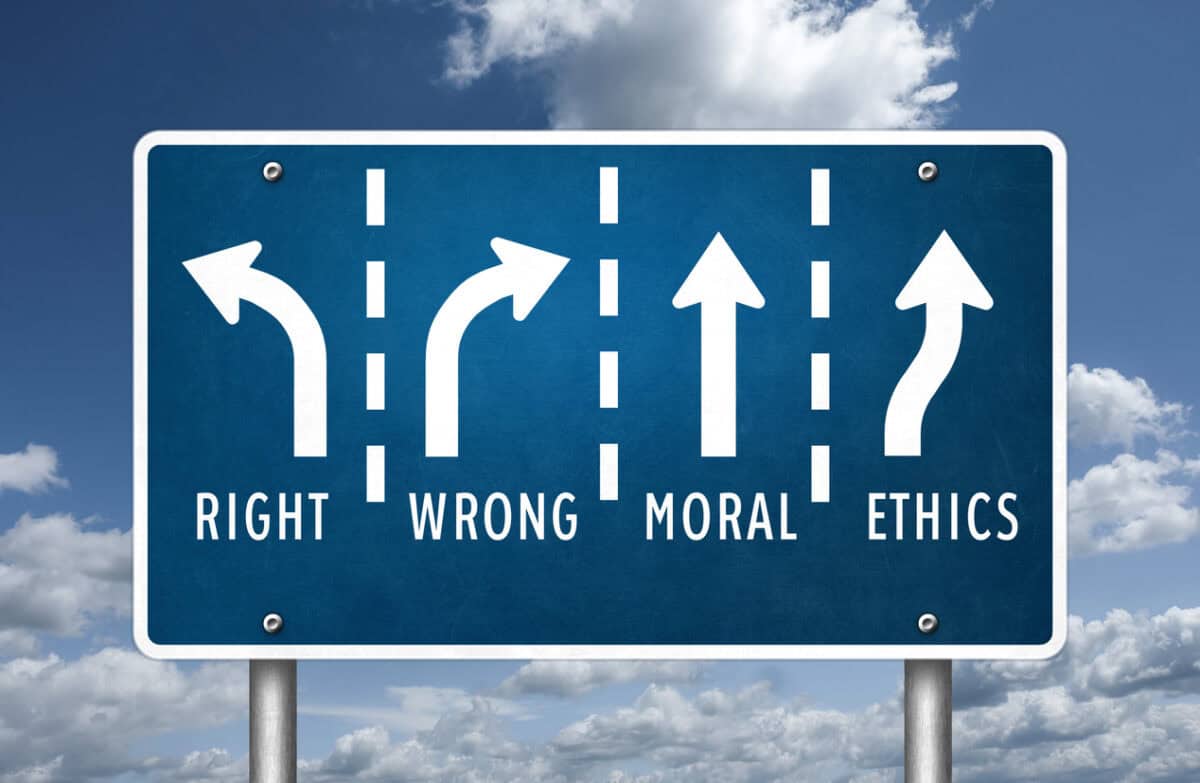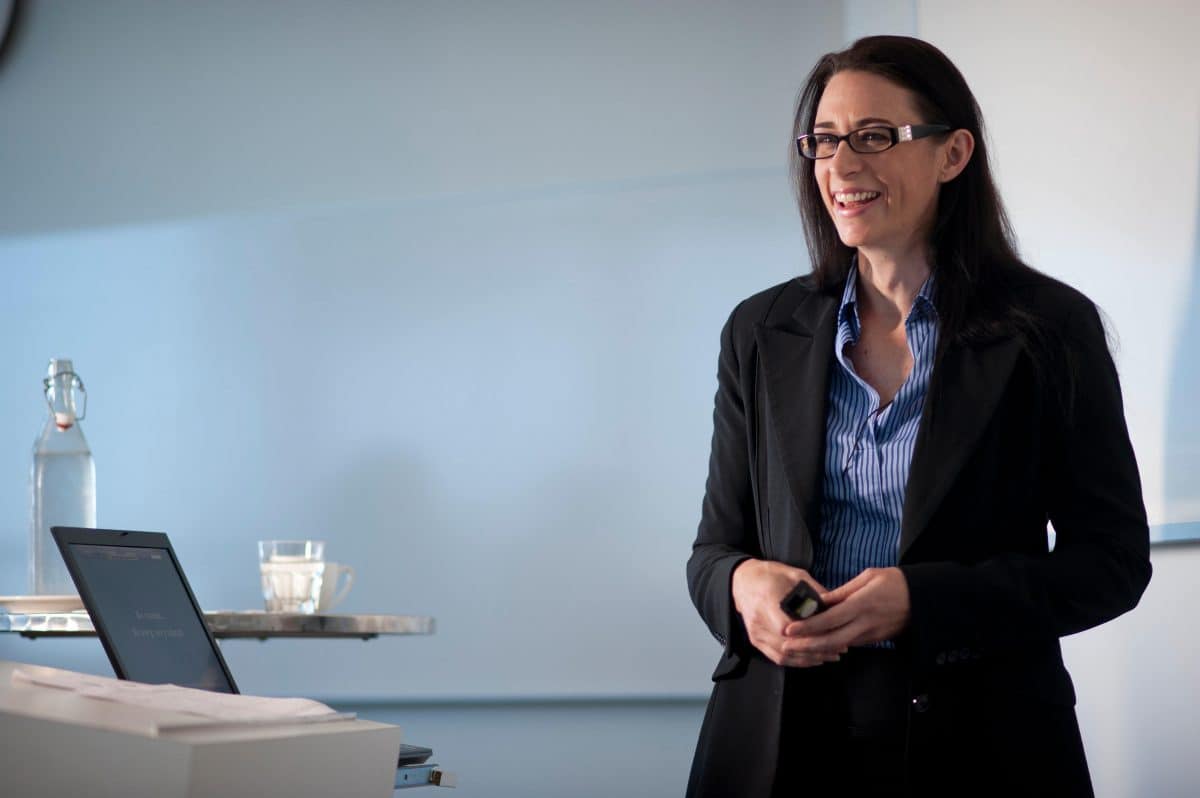New South Wales is the latest Australian jurisdiction to introduce a penalty for Industrial Manslaughter (IM) in its occupational health and safety (OHS) laws. One of the primary aims of significant penalties like IM is to deter others from making similar negligent decisions related to workplace health and safety. But deterrence is a fickle beast.
Category: OHS
The psychosocial message may be getting through
Recent Australian insurer Allianz released survey data that revealed:
“….half of surveyed Australian employees claim they feel fatigued and burnt out”.
This report generated a recent article (paywalled) in the Australian Financial Review (AFR), which included some important comments from Dr Rebecca Michalak. Her comments are an important introduction to a week that includes SafetyAtWorkBlog’s exclusive reporting on The Psych Health & Safety Conference.
Executive Director leaves WorkSafe Victoria
Dr Narelle Beer has appeared regularly in SafetyAtWorkBlog articles. Her most recent public appearance was at the Australian Institute of Health and Safety national conference. No more is Dr Beer WorkSafe Victoria’s Executive Director Health and Safety.
Continue reading “Executive Director leaves WorkSafe Victoria”A mental health book for leaders and HR professionals
Australian lawyer Fay Calderone has published a book called “Broken to Safe – Tackling Toxic Workplace Cultures and Burnout”. The intended readership seems to be “leaders” and Human Resource (HR) professionals. Occupational health and safety (OHS) is mentioned occasionally, but OHS professionals will find much to frustrate them about this self-published book.
Is Victoria still committed to its psychosocial regulations?
Victoria’s Minister for WorkSafe, Danny Pearson, has emerged from the occupational health and safety (OHS) wilderness to restate his commitment to introducing legislative amendments on psychosocial hazards at work. He has been stalling on these for a very long time, but he has recently provided an update to Parliament.
Broadening the OHS perspective
Over the last decade, the occupational health and safety (OHS) profession has been challenged by a new perspective on OHS and its professional interaction with it. Safety Differently, Safety II or some other variation are important and intriguing variations, but they seem to remain confined to the workplace, the obligations of the person conducting a business or undertaking, and/or the employer/employee relationship. The interaction of work and non-work receives less attention than it deserves.
Many OHS professionals bemoan OHS’ confinement to managerial silos but continue to operate within their own self-imposed silo. One way for OHS to progress and to remain current and relevant is to look more broadly at the societal pressures under which they work and how their employees or clients make OHS decisions. Some recent non-OHS books and concepts may help.
Quad Bike Safety Standard compliance and media accuracy
It is reasonable to claim that the quad bike safety controversy has been resolved in Australia through the intervention of the Australian Competition and Consumer Commission (ACCC) and the imposition of a national safety standard. However, the occupational health and safety (OHS) message continues to be murkier than necessary when quad bikes are advertised in some of the agricultural media without critical safety devices.






